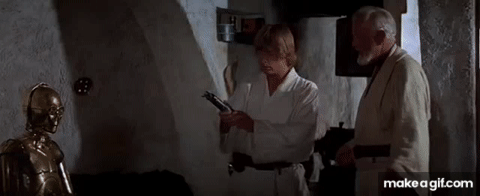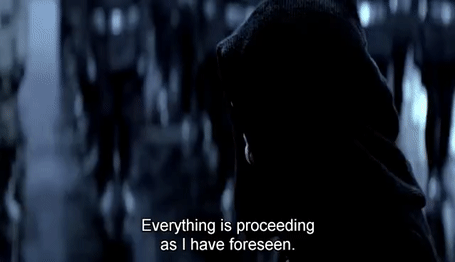The seniority of a position in general (not just in the gaming industry) is the amount of responsibility you can shoulder. Generally speaking, the more senior you are, the more of the development process you’ve internalized and already know about in order to make sure that everything proceeds smoothly.

Junior developers can do smaller-scale tasks with supervision and hand-holding. They don’t understand enough about the different parts of the process and how they interact with each other to act autonomously (often because they’ve never had to deal with them before), so they need somebody to mentor them and give them direction. A junior producer is often someone who’s tracking the development of a small feature or system (usually involving a small strike team of one or two of each discipline - designer, programmer, etc.), often under the direct supervision of a more senior producer. They will take notes at all of the meetings, regularly talk with the developers involved, and facilitate communications when developers get blocked. Most of the time they’ll defer to their mentor when it comes to making decisions, but they will be asked for their opinions on the features they’re responsible for.

Mid-level developers are fairly autonomous and generally operate on their own for the most part. You really only need to check in with them every now and again to make sure that they’re working towards the right goals. A mid-level producer is often entrusted with most of the decisions regarding the features or systems they are responsible for. These systems or features are usually larger than those junior producers are responsible for. A mid-level producer may have to manage larger teams of developers and may or may not also occasionally mentor junior producers as well. Bigger issues that extend beyond the boundaries of the mid-level producer’s responsibilities are still reported to senior producers. The mid-level producer generally defers to the seniors on any decisions that decide the direction of multiple large systems or features.

Senior developers are fully autonomous and require minimal direction. They are the ones who can build the bones and structure of the game, oftentimes by themselves. They can be slotted in almost anywhere and make things work quickly. However, the biggest benefit of Senior developers is functioning as force multipliers for the other developers because of the depth of their knowledge and experience. They are not only capable of doing everything, but their versatility lets them jump in and show less-experienced developers how and where to improve. Since they can operate and manage development autonomously, a senior producer is often tasked with overseeing core systems or multiple interconnected features, the sort of features that make the game what it is. A senior producer often makes decisions about the scope of the systems they are responsible for - cutting this, expanding that, and so on. They naturally confer with their leads on big decisions, but the executive producer usually defers to and trusts the senior producer to make the right decisions.

A lead developer is responsible for their assigned subordinates - assigning them tasks that they can do, making sure that they are learning and growing according to how they want their careers to evolve, keeping everyone on track towards the project’s goals, and so on. There’s a lot of crossover with the senior developer responsibilities because a lead absolutely needs a deep understanding of how things fit together in order to assign tasks that are doable by the appropriate mid-level or junior developers on the team. The lead’s main role isn’t to get a lot of work done by herself, however - it’s choosing the right tasks for her subordinates and making sure that they are completing their tasks (while jumping in every now and then to clear any roadblocks and/or fix major system issues).

At the top of the heap is the executive producer, who is the one ultimately responsible for the entire game. This person is the entire team’s leader and has the final say in everything within the game itself. The executive producer is who the lead designer, programmer, artist, etc. answer to in addition to the other producers. The executive producer answers to the studio head and the publishing executives. The executive producer is generally unable to do everything herself due to constraints of time and expertise, so she treats the leads as her trusted counsel when making decisions. She is the president and the team leads serve as her cabinet and department heads.
For further reading on the topic, last year I asked my twitter sphere about what junior, mid-level, and senior means in various game development disciplines. [Click here] for a post summarizing the responses I got.
[Join us on Discord] and/or [Support us on Patreon]
The FANTa Project is being rebooted. [What is the FANTa project?]
Got a burning question you want answered?
- Short questions: Ask a Game Dev on Twitter
- Long questions: Ask a Game Dev on Tumblr
- Frequent Questions: The FAQ